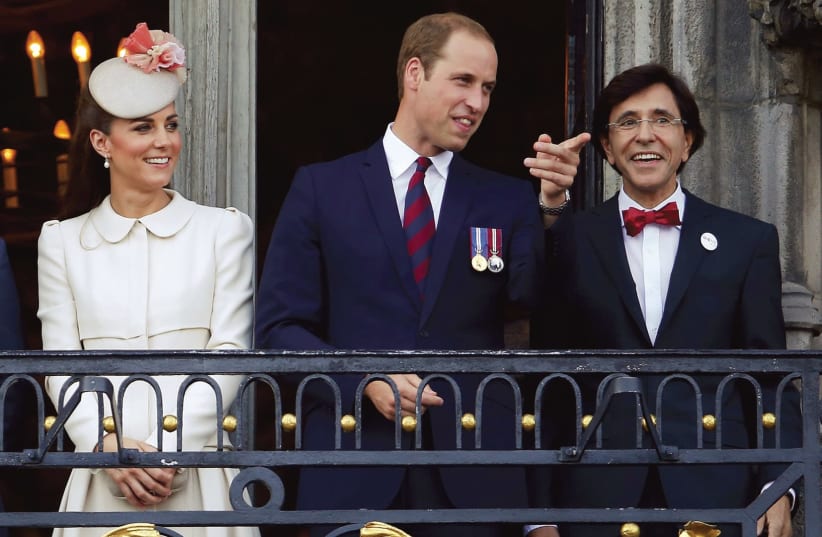In an interview with Belgian business daily L’Echo published Friday, he criticized Belgium’s current government for only looking after the interests of the wealthy and the powerful.
“Belgium cannot be governed as it is today, solely for the most wealthy and the most powerful. Today, we have a Belgium of Antwerp diamond dealers, when what we need is a pluralist Belgium,” said Di Rupo, the prime minister of Belgium from December 2011 to October 2014 and incumbent leader of the country’s Socialist Party.
Home to the second-largest Jewish community in Belgium, Antwerp’s once world-leading diamond industry was dominated by the city’s Orthodox Jewish population throughout the 20th century.
An article published on the popular French-language blog Philosemitisme condemned Di Rupo’s comments, describing them as exacerbating certain manifestations of antisemitism.
“The popular perception of ‘Antwerp diamond dealers’ refers to the Jews,” said the unnamed author. “No matter what Di Rupo intended to say, he could have said it differently without pouring oil on the fire of a certain type of antisemitism.”
Di Rupo sparked anger among Belgian Jewry in January 2015 following deadly terrorist attacks at the offices of the satirical newspaper Charlie Hebdo and the Hyper Cacher kosher supermarket in Paris.
“I am Charlie, I am Jewish, I am Palestinian, I am a victim of Boko Haram, I am a victim of all acts of violence and hate,” Di Rupo said at a press conference after the attack at the kosher supermarket.
Di Rupo later apologized to Jewish groups that were incensed by his perceived failure to condemn antisemitism without also raising the Palestinian cause.
“I regret that my remarks could result in a misunderstanding and offend you,” Di Rupo said in a letter to Liege Jewish Cultural Center president Guy Wolf. “Nothing can justify antisemitism. Every antisemitic attack targets what lies at the very heart of our democracies.”
The debate over Di Rupo’s comments comes amid an ongoing dispute between Belgian Prime Minister Charles Michel and the Free University of Brussels over the decision to award an honorary doctorate to the British film director Ken Loach last week.
Loach hit back at his critics after being granted the honorary doctorate last Thursday as originally planned.
“Depicting me as antisemitic simply because I am adding my voice to those who denounce the plight of the Palestinians is grotesque,” he said in a statement.
